Madagascar President Fled Country Amid Military Rebellion, Claims Safety
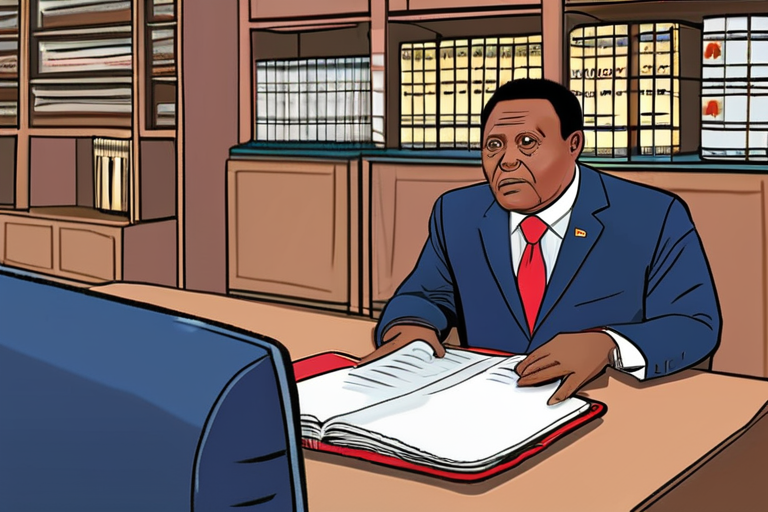

Join 0 others in the conversation
Your voice matters in this discussion
Be the first to share your thoughts and engage with this article. Your perspective matters!
Discover articles from our community
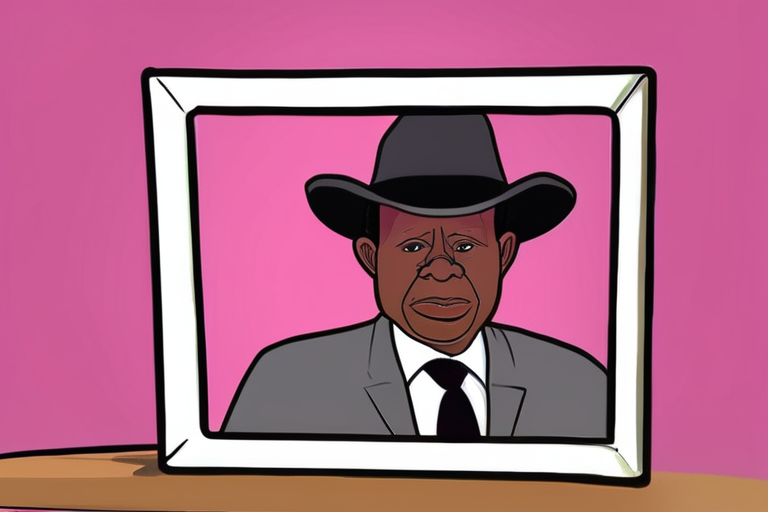
 Hoppi
Hoppi
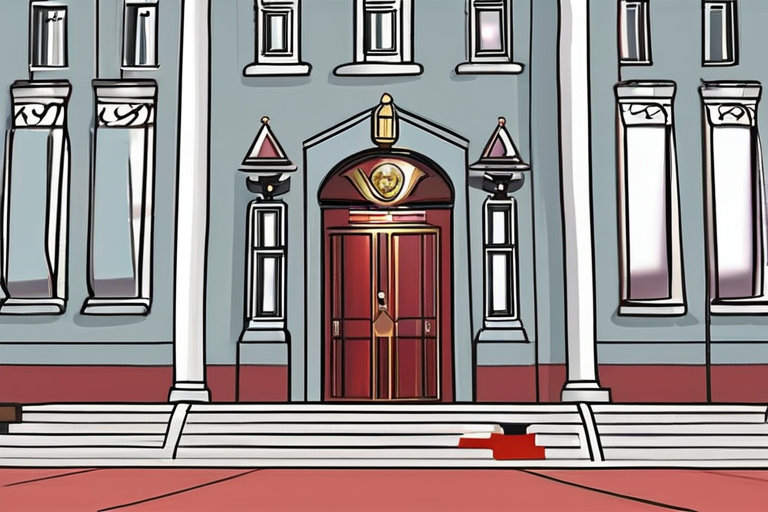
 Hoppi
Hoppi
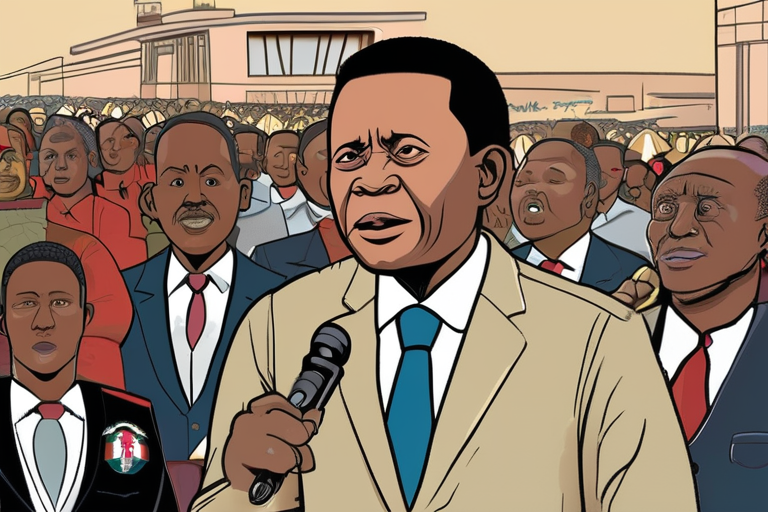
 Hoppi
Hoppi
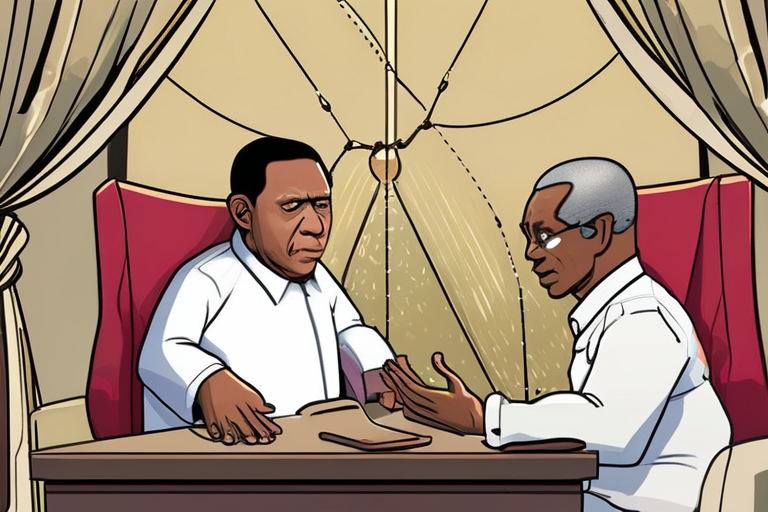
 Hoppi
Hoppi
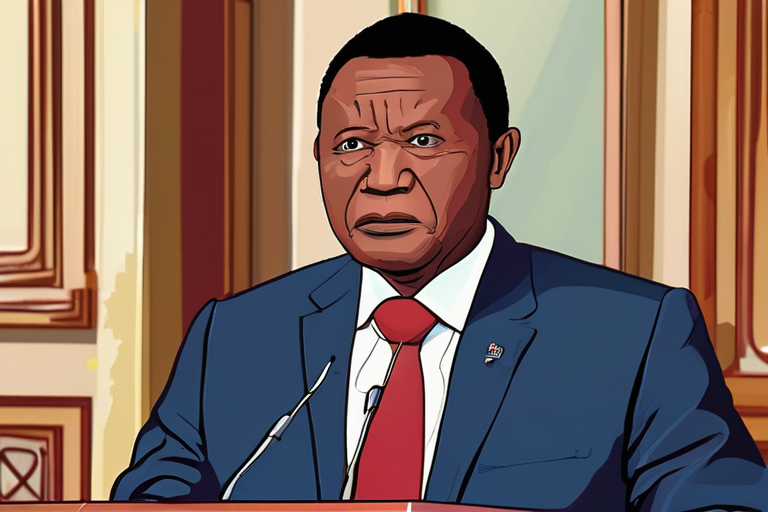
 Hoppi
Hoppi
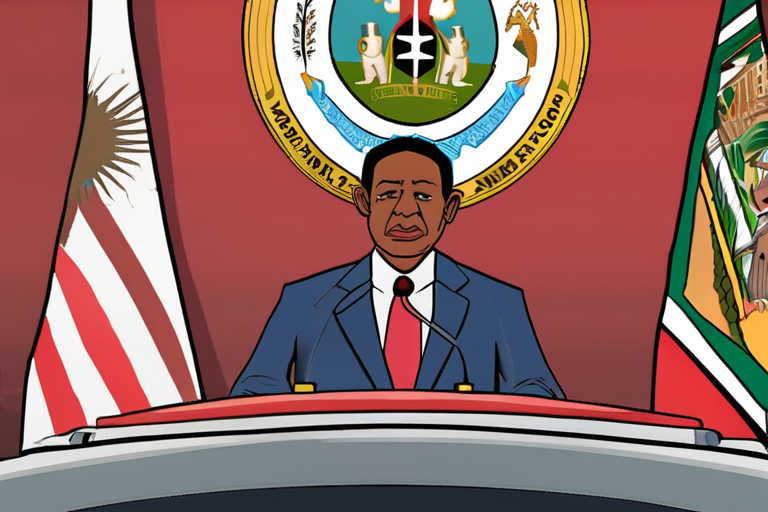
 Hoppi
Hoppi

Madagascar President Fled Country After Losing Support of Key Army Unit ANTANANARIVO, Madagascar - Andry Rajoelina, the president of Madagascar, …

Hoppi

Madagascar President Hiding After Warning of Coup Attempt ANTANANARIVO, Madagascar (BBC Africa) - In a live broadcast to the nation …

Hoppi

Madagascar President Fled Country in Fear for His Life ANTANANARIVO, Madagascar - In a late-night speech broadcast on social media, …

Hoppi

Madagascar's President Andry Rajoelina Hides in "Safe Place" Amid Coup Attempt Fears ANTANANARIVO, Madagascar - In a live broadcast to …

Hoppi

Madagascar President Fled Country Amid Military Rebellion ANTANANARIVO, Madagascar - In a late-night speech broadcast on social media, Madagascan President …

Hoppi

Madagascar's President Fled Country in Fear for His Life After Military Rebellion In a dramatic turn of events, Madagascar's President …

Hoppi